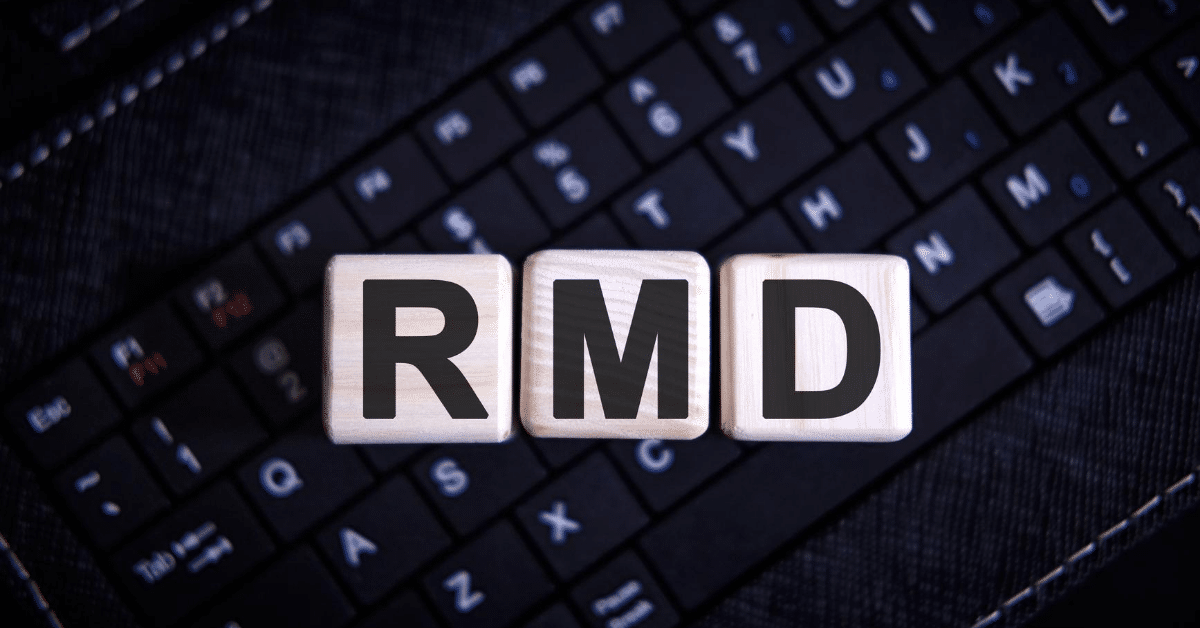The CARES Act, passed by Congress and signed into law by President Trump on March 27, 2020, waived required minimum distribution requirements for 2020, and further guidance released by the IRS has now provided additional taxpayer-friendly relief.
Before the passage of the CARES Act, existing tax law under IRC §401(a)(9) required that retirement plan participants or IRA owners begin withdrawing an annual amount, referred to as a required minimum distribution (RMD), starting April 1 of the calendar year following the calendar year in which the employee turns 72 (prior to January 1, 2020, age 70 1/2). Following a taxpayer’s first RMD, each subsequent year’s annual RMD must be withdrawn by December 31 of that year.
Sec. 2203 of the CARES Act waived RMD requirements for calendar year 2020, and this waiver applies to distributions that would be due by December 31, 2020, and also to distributions that would be due by April 1, 2020 (if the plan participant/owner turned 70 1/2 in 2019).
Since distributions from retirement plans or IRAs are taxed at ordinary income rates (up to 37% Federal and 13.3% for California), skipping the RMD for 2020 can substantially reduce a taxpayer’s 2020 tax burden. However, for those taxpayers that withdrew their RMDs for 2020 prior to or despite of the CARES Act RMD waiver, it was initially unclear whether there was any relief available, allowing them to “undo” those withdrawals and exclude the withdrawals from 2020 taxable income.
The IRS clarified this question on June 23, 2020, when it released Notice 2020-51, providing further guidance regarding the waiver of 2020 RMDs. Among other items, the Notice confirmed that a plan participant who has already received an RMD in 2020 may utilize a provision under §402(c)(3) to “roll over” the distributed amount by contributing it to an eligible pre-tax retirement account. This would effectively remove the distribution from taxable income for 2020. Generally, indirect rollovers must be completed within 60 days of the original distribution; however, the Notice states that the Treasury Department and the IRS are extending the 60-day rollover period to August 31, 2020. The Notice provides a good example in that “if a participant received a single-sum distribution in January 2020, part of which was treated as ineligible for rollover because it was considered an RMD, that participant will have until August 31, 2020, to roll over that part of the distribution.”
It is important to note that taxpayers are limited to one 60-day indirect rollover each year.
If you have any questions regarding the August 31, 2020 deadline for rolling over RMDs, we encourage you to reach out to a member of your engagement team or reach out to us via our website.
